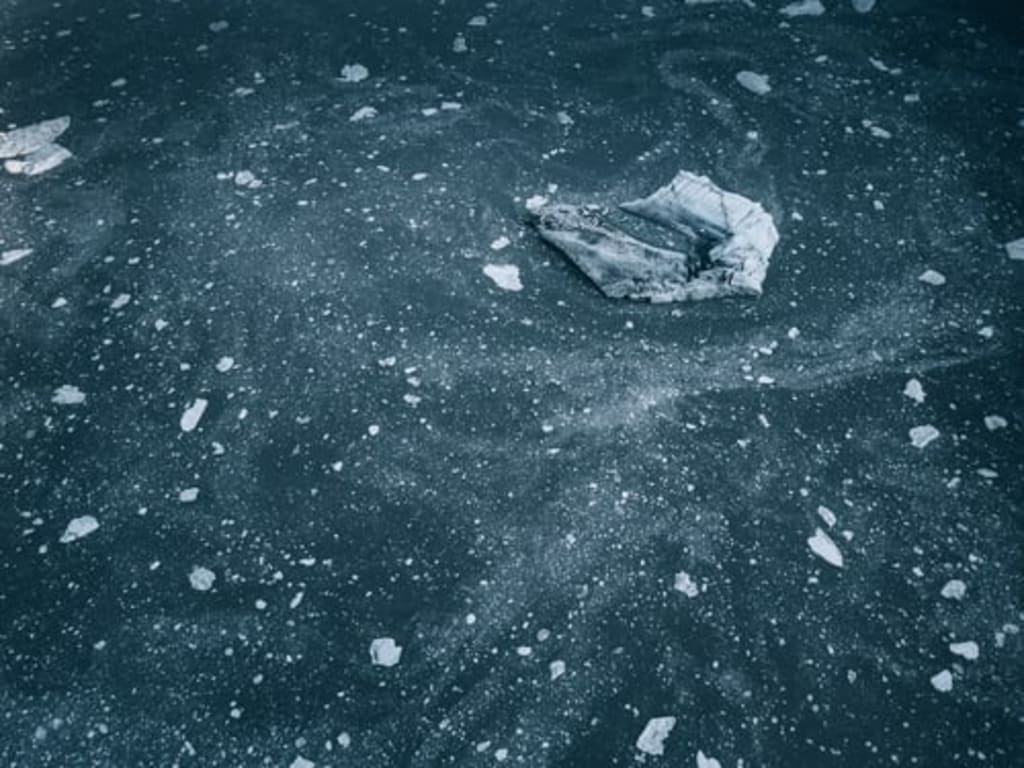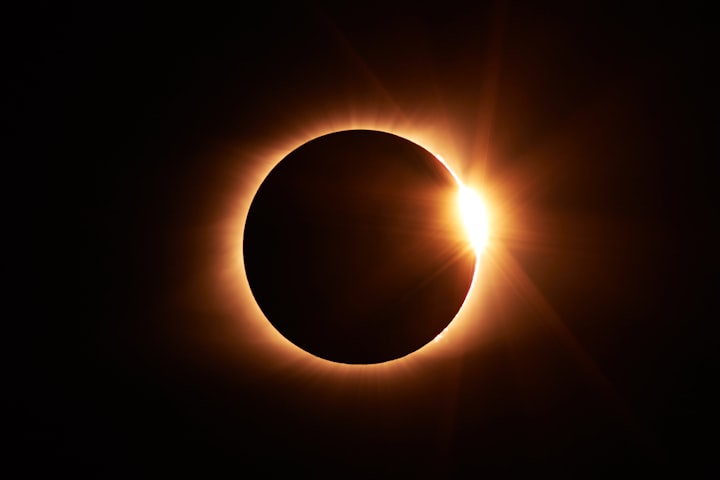
General relativity -- the theory of general relativity from which George Lemaitre came up with the Big Bang in 1927, as it wasn't then known -- states that time and space are not independent but one. So it's easy to conclude that space doesn't exist and time doesn't (which is, of course, hard to understand). In that sense the above question is a bit like asking "What lies north of the Arctic?" .
St. Thomas Aquinas (13th century) thought that time was one of God's creations, so if you ask what existed before that, you can't really answer. For him, too, time began to flow after God created it.
But this is not the only view, or even the right one. In fact, if we were to rewind time and extrapolate from general relativity, we would eventually arrive at the first stop before the concept of time was born, 10 to 42 seconds before zero, known as Planck time, where we would need to relate the general relativity to theoretical quantum mechanics. But the problem is that general relativity and quantum mechanics don't fit together very well, so we can't actually know what's going on at this point in time.
So, at this point, our existing physics doesn't help us with the analysis. We need a new theory to analyze the situation at that time. At the very least, we need a theory of quantum gravity to analyze, but it doesn't exist yet.
So to actually answer the question "What existed before the Big Bang?" The right answer to that question is "we don't know." We can euphemistically say "nothing was possible before the Big Bang" or "we might have some interesting hypotheses like white holes, big collapses, zero-energy universes or countless other interesting hypotheses." Or simply, "We don't know, because we don't have the theoretical tools to analyze this state."
That's the complete answer to this question, and it's a perfectly reasonable question. There's no question.
Perfectly reasonable question
But the question becomes "what happened" before the Big Bang? "Makes no sense, because there was no time before the Big Bang, and therefore no time" before "the Big Bang.
If the question becomes, "What was there before the Big Bang?" that's interesting, because we can't analyze what happened but we can be sure that there was energy before the Big Bang. Why is that? Because energy can't just happen.
This gives us an idea of what primal energy is, energy is primal existence, no one created it, there is no other source, it is the simplest substance in the world.
Now, try to imagine an energy singularity that has no time, no space, no matter, no gravity, but only an infinite amount of energy, similar to what we know as a quantum. Read on to learn more.
What existed before the Big Bang?
Before the Big Bang, there was already energy. Try to imagine an energy singularity that has no time, no space, no matter, no gravity, but only an infinite amount of energy, similar to what we know as a quantum. It is now possible to "observe" the presence that existed before and led to the Big Bang, and remains in its original position (the space-time edge of our existing universe) even after our universe disappears.
Why don't cosmologists agree that the universe existed before the Big Bang?
The instruments used to observe the Big Bang did not exist before the Big Bang. General relativity holds that space, time, mass, energy and gravity all came together at some point 13.8 billion years ago, but the whole theory can't explain what existed before that point. Events prior to the Big Bang were thought to be unobtainable because information was lost. Even in the face of these obstacles, cosmologists aren't clueless about how the universe came to be. They hypothesized that the universe could be going through a cycle of birth, collapse and rebirth, or it could be one of many universes brought about by eternal expansion. Or the projection of the universe in a higher dimensional space (hyperdimensional space) onto our dimension (four-dimensional space-time); Or the zero-sum universe with positive energy (there is also a negative universe), where the sum of the two universes is zero.
Why don't physicists think there's a singularity of pure energy?
Physicists, who tend to be concerned only with matters within their own discipline, may think that physics is an advanced science above other disciplines, but they ignore how two other "origin" puzzles are solved.
The theory of evolution is well known.
In the second half of the 19th century, science first stumbled over the mystery of origin. Some British biologists have been faced with a seemingly impossible question: has current life looked this way since birth, or has it evolved from its early ancestors? Eventually they found evidence of evolution, a series of only slightly different species and populations that slowly increased over time to become what we see today on Earth. It is now scientifically proven that the ancestors of modern life were single-celled organisms. In the Victorian era, two people linked the theory to humans, propelling evolution to the fore. Did we also evolve from primitive animals? He said yes, and wrote a book explaining the problem in detail. What about the ultimate question of how life emerged? Before the first life, there was only ordinary matter, so Darwin thought that some organic matter formed the first life by self-organizing in a small pond of warm, light and electricity.
This is the key to solving all the "origin" problems
Darwin showed us how to detect discordant, discontinuous facts in a complete sequence of events. The way he studies the origins of new phenomena is by looking at the simpler conditions that preceded them. Both times he got the answer right -- that humans evolved from non-primates and that life evolved from inanimate organic compounds made of ordinary matter.





Comments
There are no comments for this story
Be the first to respond and start the conversation.